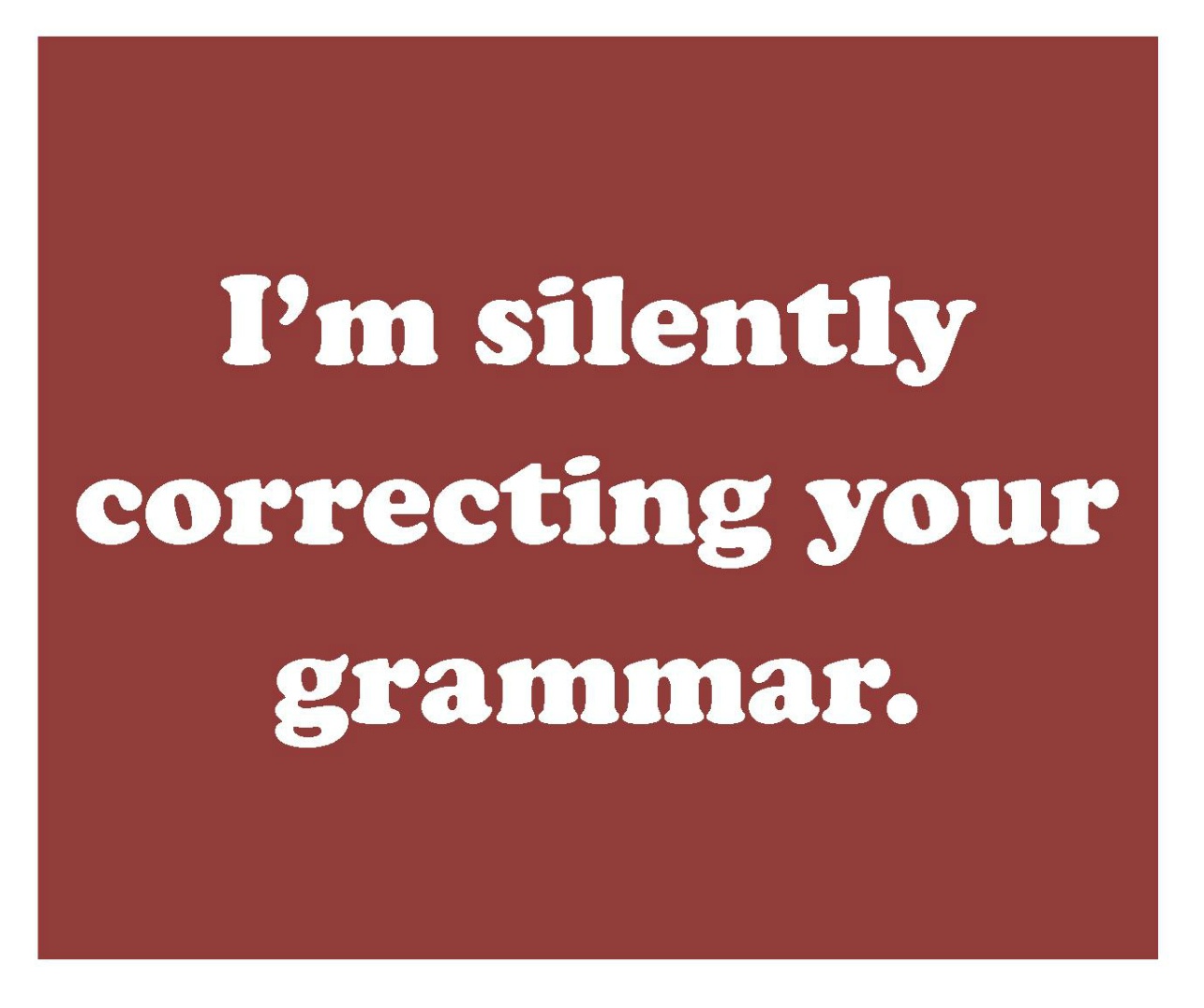In the aftermath of the final showdown last night between Hillary Clinton and Donald Trump, we offer a different kind of post-debate coverage — a look into where our readers stand on three grammar, style and usage questions that have long generated controversy … and apparently still do to some extent. Here, we present a summary of the responses from last week’s poll, along with a sampling of the numerous comments we received.
The results for all three questions were heavily skewed to one side, but the arguments for both sides of each issue were reasonable, on point and well-articulated. Most of the 123 respondents staunchly defended their position, but more than a few surprisingly acknowledged they could go either way or that they had changed their views after a longtime adherence to the opposite position.












